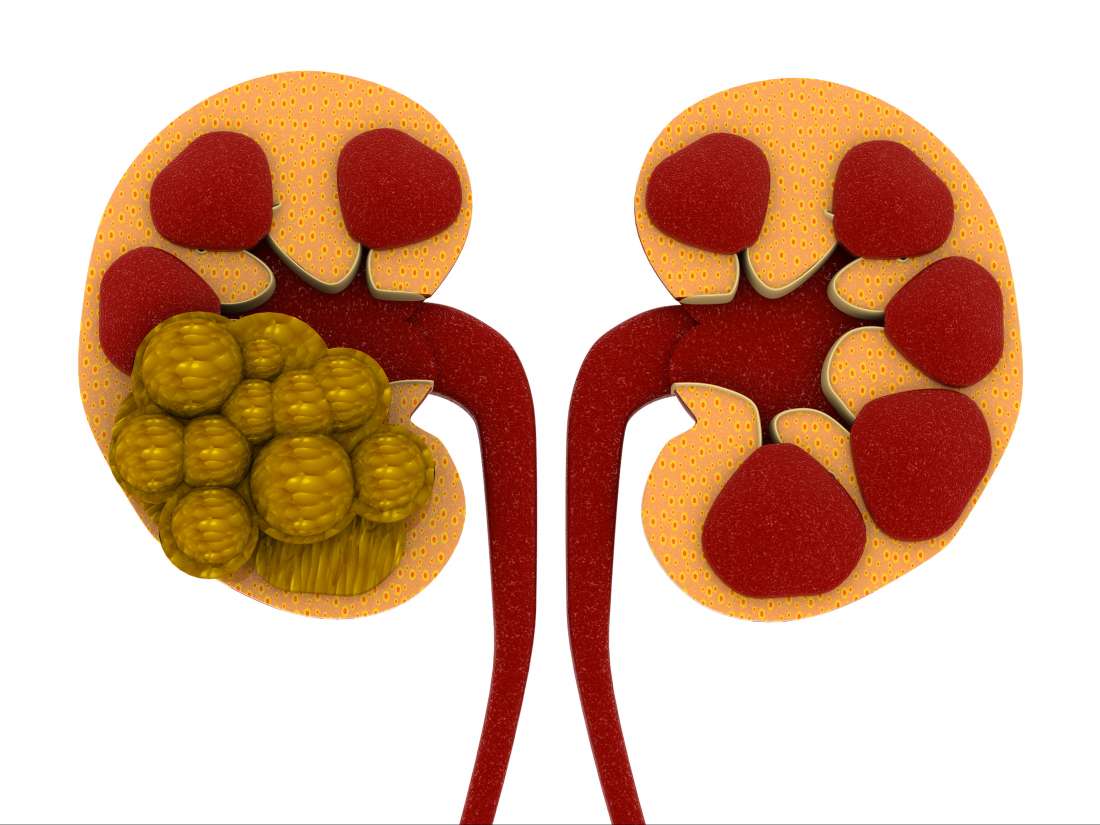Dr Okezie Emenike, a Medical Doctor at a private hospital in Abuja, says adequate intake of water can help to stop the development of kidney stones.
He told News Agency of Nigeria (NAN) on Friday that kidney stones are some hard crystalline mineral
materials that form within the kidney or in the urinary tract.
He said kidney stones could be hereditary and occurred in both male and female between 30 and 50 years, adding that low or inadequate water intake could lead to development of kidney stones.
He explained that kidney stones could be small and may go unnoticed, noting, however, that it could cause
severe pain to the patient if left untreated.
READ ALSO:Stop collecting bribes, Lagosians wants corrupt free LASTMA, Sanwo-Olu warns officers
He blamed medical conditions such as urinary tract infections; renal tubular acidosis and dents disease as
contributory factors of developing kidney stones.
He said the addition of fluoride to drinking water, long term use of calcium and vitamin D supplements could
be responsible for kidney stones.
The doctor kicked against excessive intake of calcium and vitamin D supplements, saying that such vitamins
increased the level of calcium in the blood and urine, thereby causing the condition.
Emenike said “certain medications and excessive acidic environment in the kidneys are other factors that contribute to the formation of kidney stones.
“Diets that are high in protein and sodium but low in calcium can contribute to the formation of kidney stones.
“Dehydration and overweight can also contribute to the risk of developing kidney stones.”
He, however, said that staying hydrated could significantly reduce the risk of developing kidney stones.
“Some prescribed medicines also help to prevent certain types of stones for individuals who are at high risk
of developing the condition.
“Daily glass of orange juice, staying hydrated can prevent the occurrence of kidney stones formation.
“People who are susceptible to the condition must watch their caffeine intake to avoid developing the
condition,” he stressed. (NAN)


